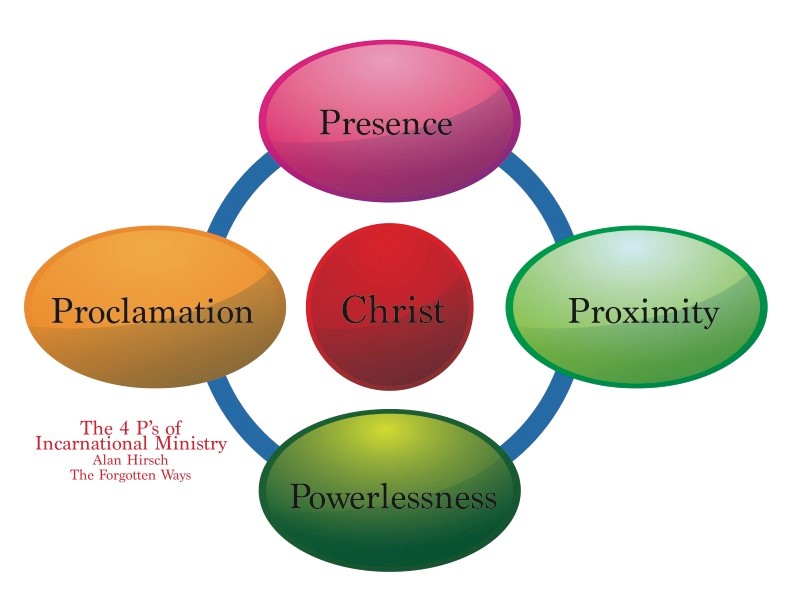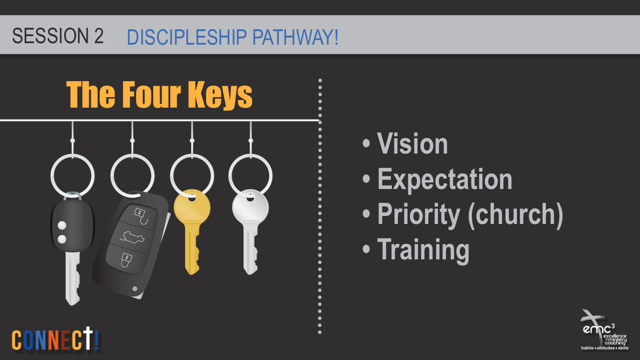December 19, 2013
By Phil Maynard
Consider the following. …It’s a familiar story lived out in many congregations across the United States.
Someone is in crisis, a couple has their first child, or a family moves to the area. They decide to attend the church down the street. They don’t know anyone, so they arrive late and slip into the back row of seats. Because the bulletin is geared to the congregation, they struggle to keep up with what is going on. During “moments of friendliness,” a few people nod at them but most of the congregation visits with each other. After the service, someone points them in the direction of the Fellowship Hall where there is coffee, but then leaves them. When they go, they end up standing there on their own. It would be no different if they attended a small group or Sunday school class. The people in the church have known each other so long that it would be difficult to break in. They don’t know the stories, the history, the people.
How do you react to this story? How does it make you feel? No wonder so few are coming to know the love of Jesus! People are not seeing it lived out, even in the one place that they would expect to find it.
Hospitality is more than fellowship with one another. It’s about opening our hearts to others and building relationships, plain and simple. Let’s consider some observations about hospitality in the local congregation based on current research and my work with congregations in transformation:
- Depending on the study referenced, somewhere between 60–80% of people who visit a congregation come because they were personally invited.
- As a general rule, in most communities, 50% or less of the population is participating in the life of any congregation.
- Most people who visit a congregation decide within the first 10 minutes or less following arrival on the church campus whether or not they will return. This, of course, is long before the pastor preaches and sometimes even before the music starts!
- The driving factor in the decision to return is often the personal connections made by members of the congregation—not the greeters or pastor.
- People are more engaged in the life of the congregation if they have a good friend who is also involved.
- The follow-up with first time visitors and with those who have missed a couple of consecutive weeks in worship is a key factor in maintaining the relationship.
- Hospitality is a significant dimension of Christian discipleship and can be developed through intentional discipleship training.
- Hospitality is bigger than how one is welcomed to the worship event. It is part of a larger system of discipleship that includes friendships, intentional discipleship relationships, witnessing, and more.
As we celebrate a season focused on the Incarnation – God’s love in human form – it is worth reflecting on how we express that love in our context.
It is likely that people your congregation does not know will visit your church this season. What will you do to make sure they experience God’s love? Remember, that happens in relationships!
PS: Want to start a conversation with your leaders about how to be hospitable? Consider Phil’s new book: Shift: Helping Congregations Back into the Game of Effective Ministry. Click here for more information www.shift-book.com.



Leave A Comment